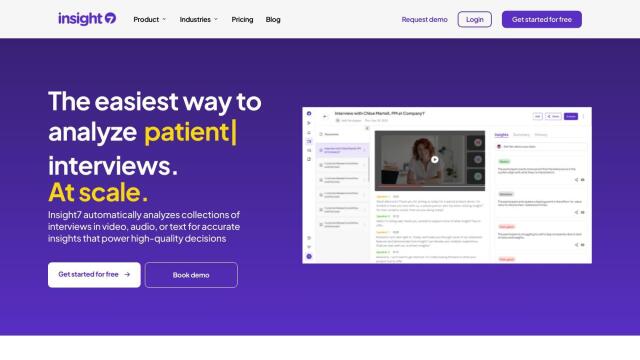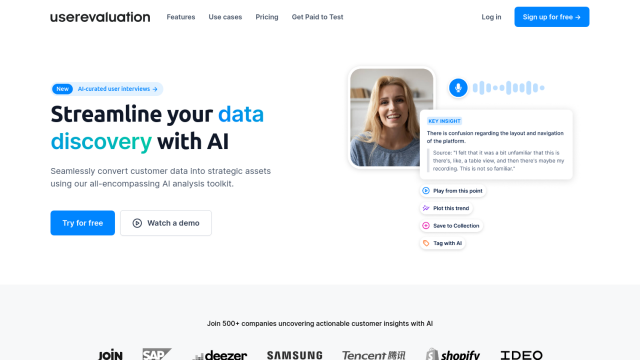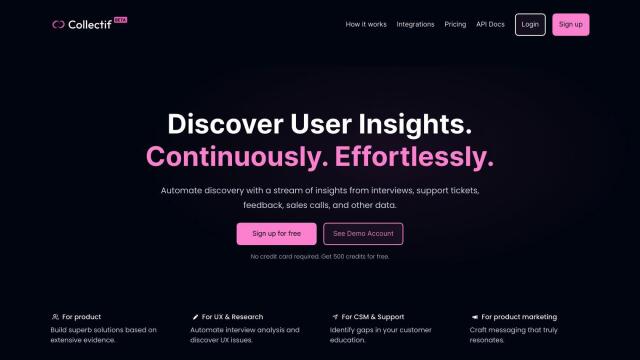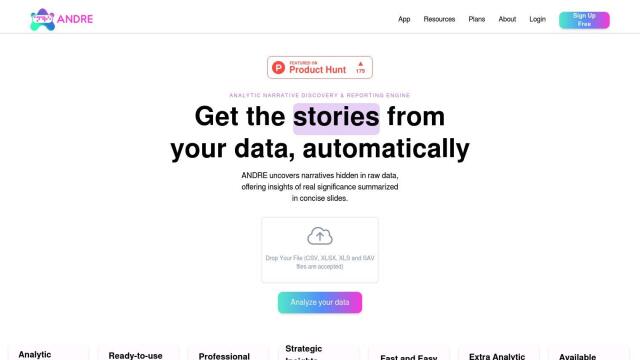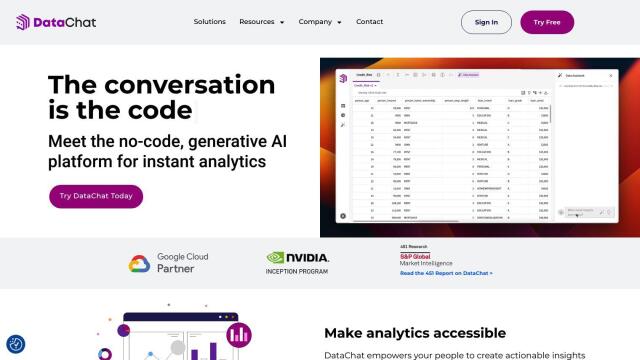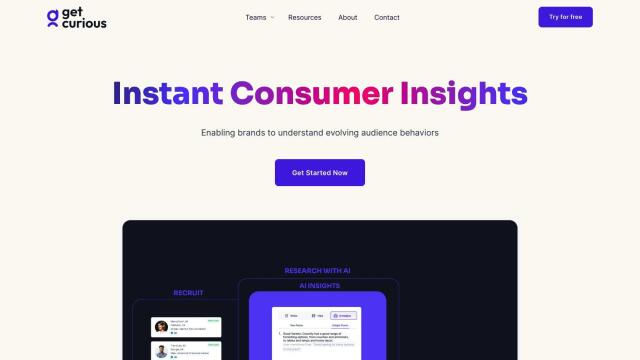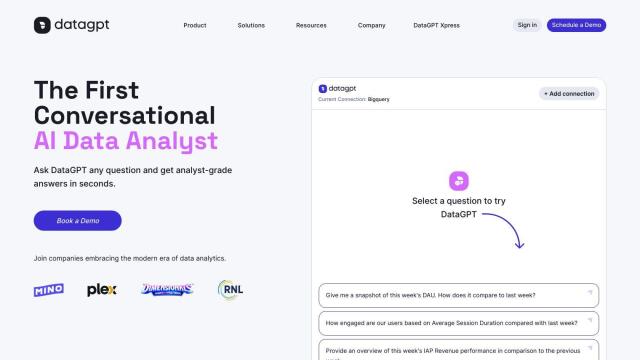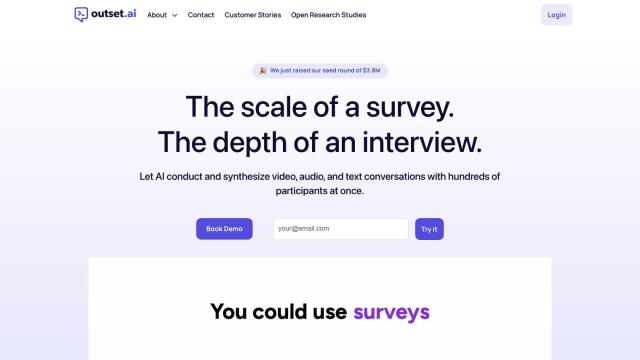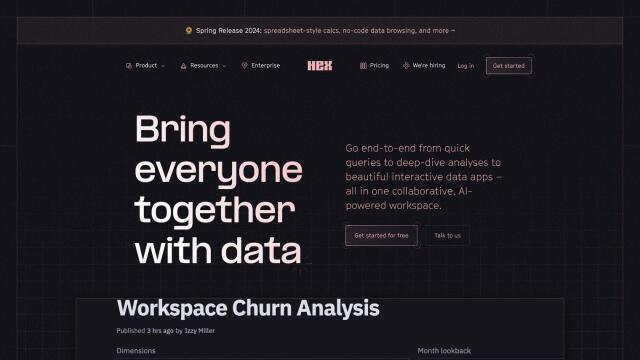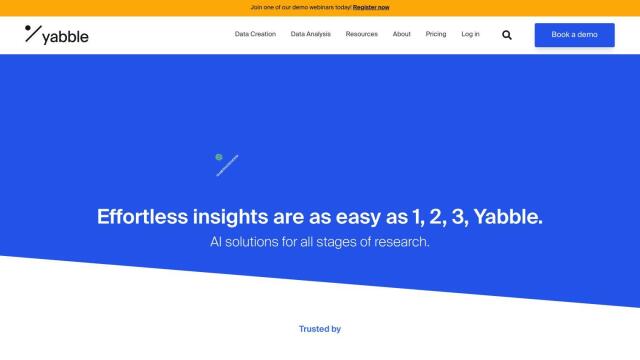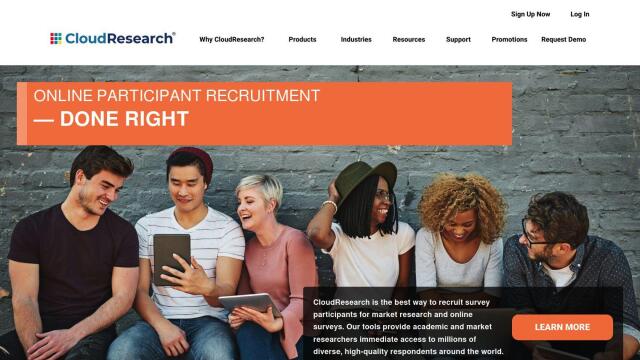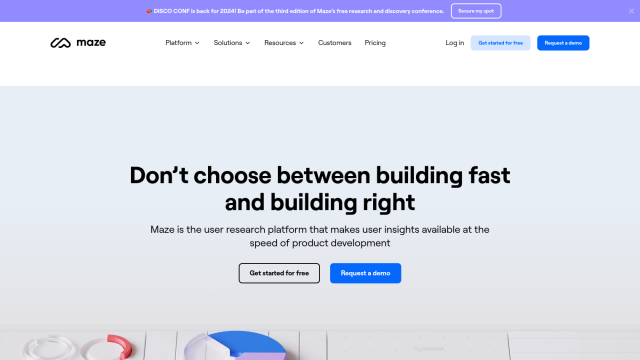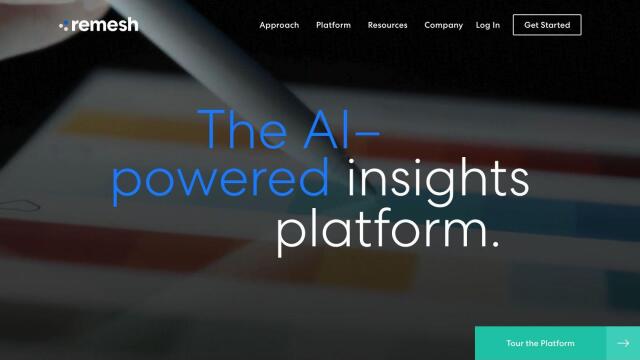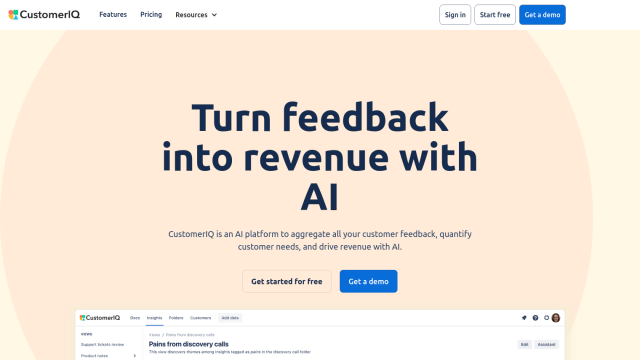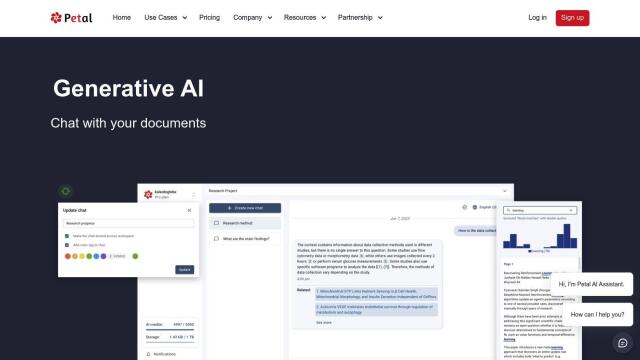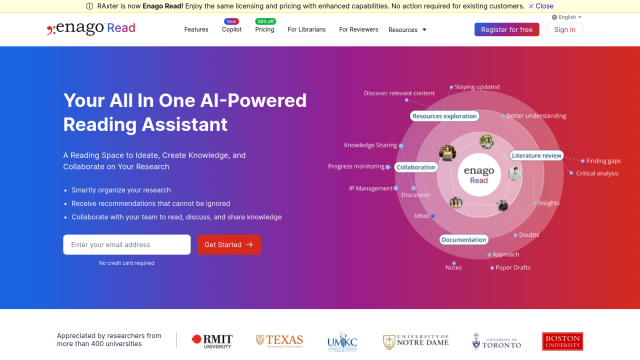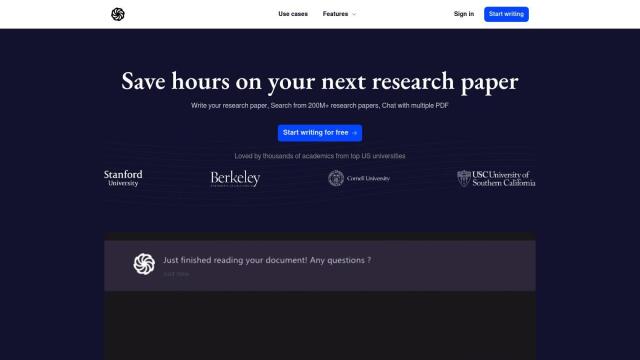Question: I'm looking for a platform that helps analyze and organize qualitative research data, can you suggest one?

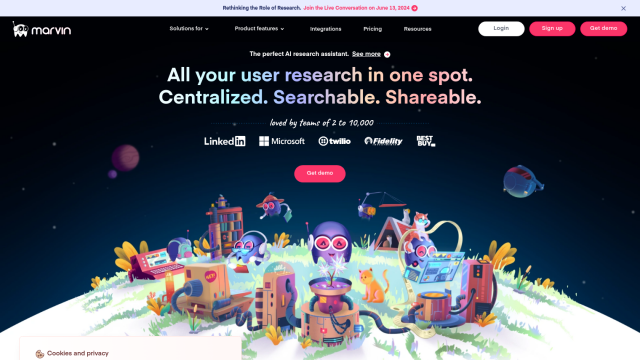
Marvin
If you're looking for a platform to help you analyze and synthesize qualitative research data, Marvin is a great option. Marvin automates tedious work in qualitative research and data analysis with AI technology. It's a centralized repository for storing and organizing user interviews, transcripts, notes and other research artifacts. It's got features like automated transcription in more than 40 languages, video clips and highlight reels, automated tagging and analysis, and integrations with tools like Zoom, Notion and Google Sheets. It's great for product designers, researchers and students doing UX research.

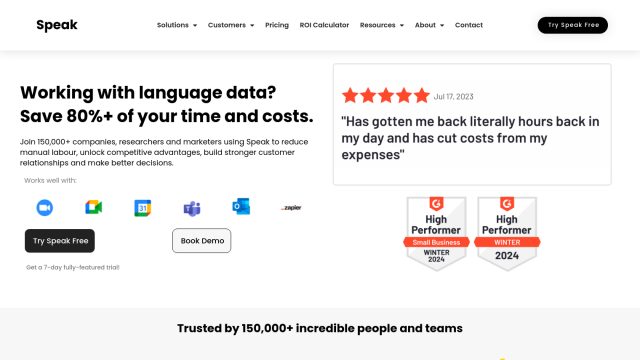
Speak
Another powerful option is Speak. The platform lets you quickly ingest and analyze unstructured language data so you can focus on higher-level work. Speak has AI-powered tools for transcribing audio and video, analyzing survey and form data, conducting interviews and focus groups, and web scraping. It can integrate with tools like Zoom and Microsoft Teams and transcribe in more than 70 languages. Speak is great for market researchers, qualitative researchers, academic researchers and digital marketers.

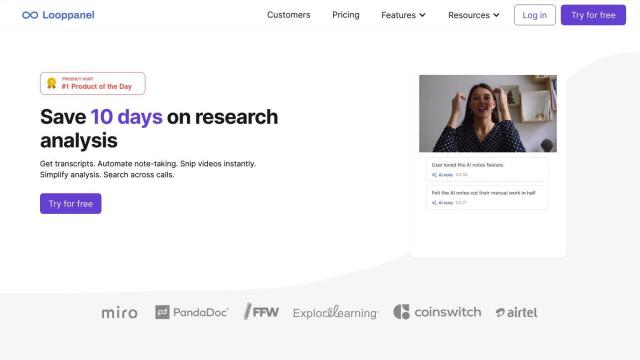
Looppanel
If you're looking for a UX research tool, Looppanel uses AI to help you analyze qualitative data. It offers accurate transcripts in 8 languages, automatically generates notes and exports video clips for easy sharing. Looppanel is great for researchers, product teams and companies that want to improve collaboration and get more out of their research, and it's SOC2 Type II and GDPR compliant.

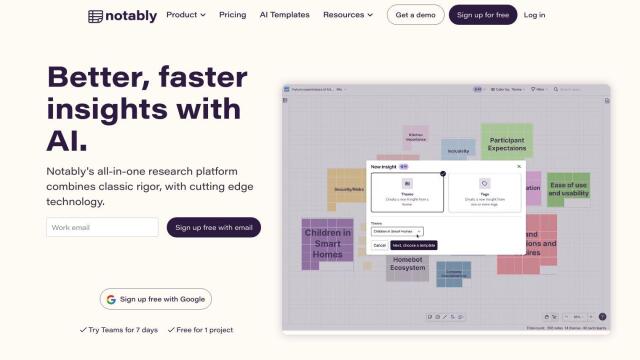
Notably
Notably is another all-purpose tool that marries traditional research methods with AI technology. It offers AI-powered templates for data analysis and a multi-view workspace for immediate insights. Notably also transcribes video and offers tools for cluster analysis and digital sticky notes. It's good for product researchers, market researchers, academic researchers and consultants who want to raise the level of sophistication of their research insights.

